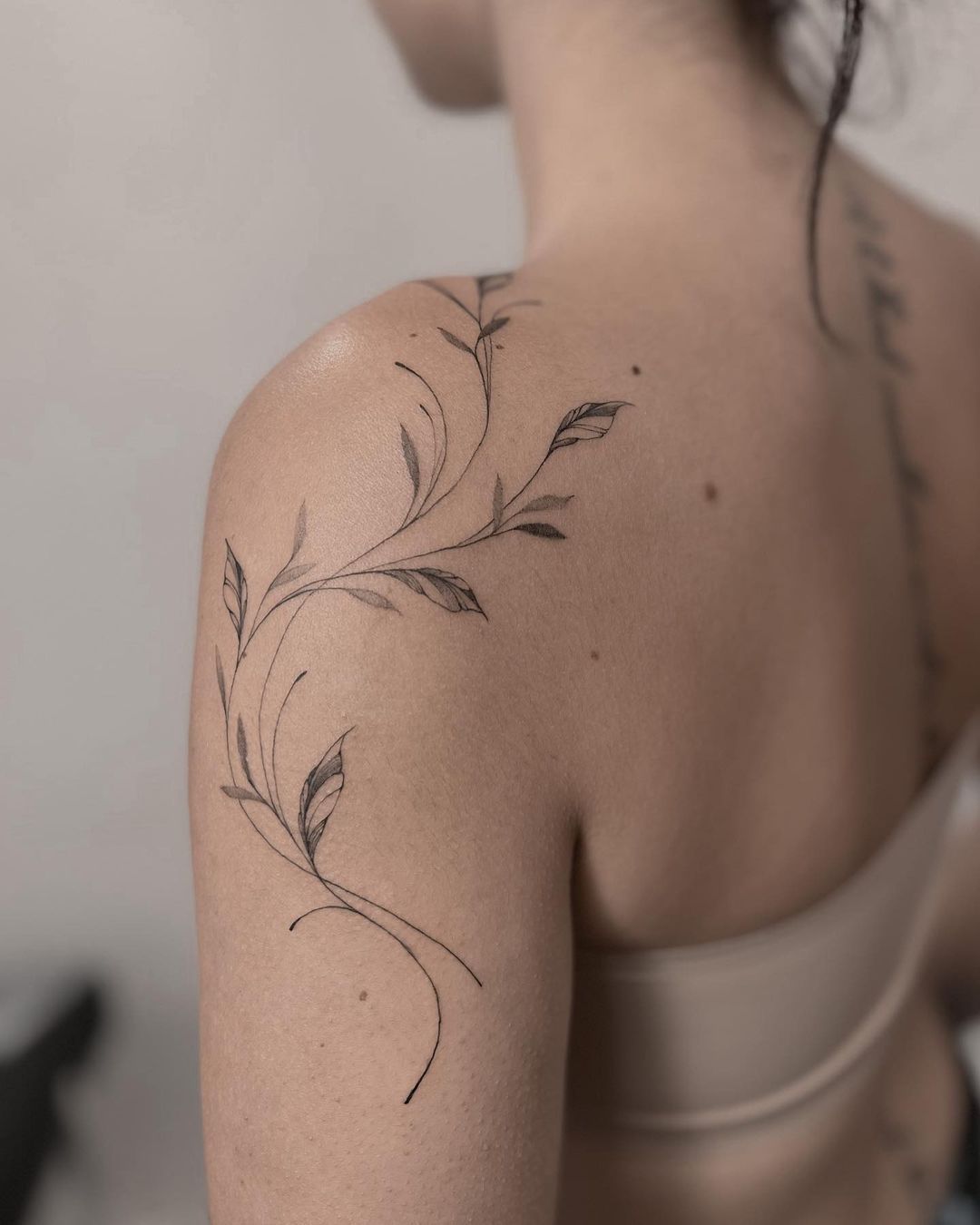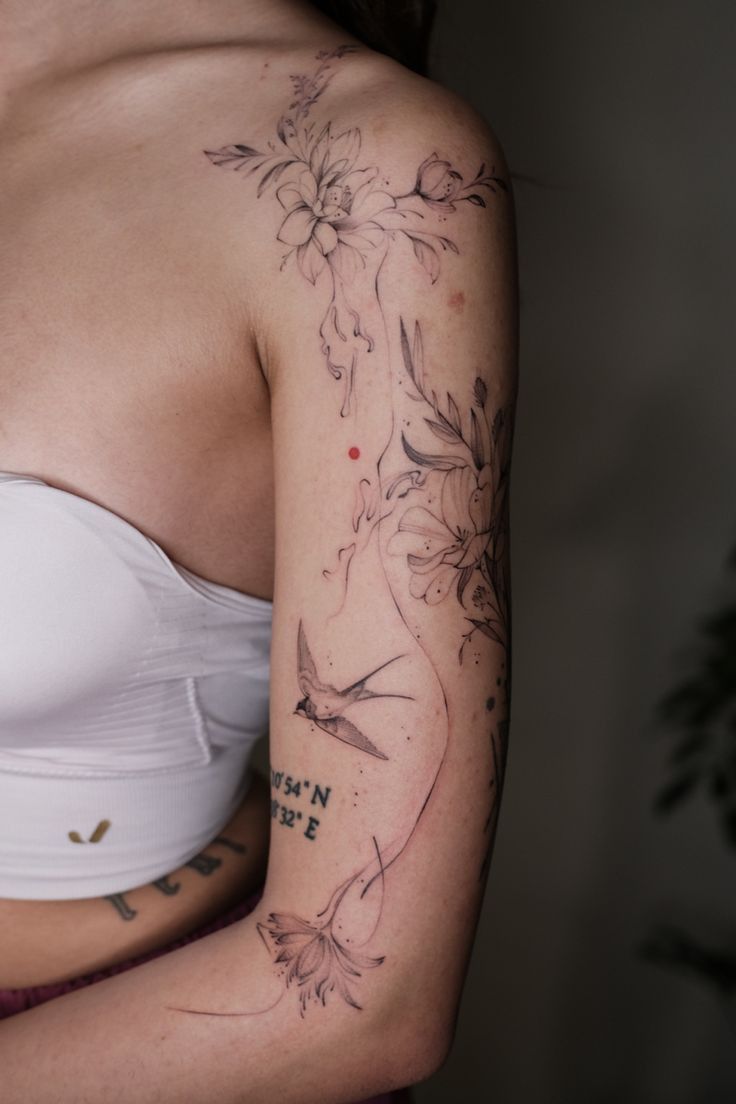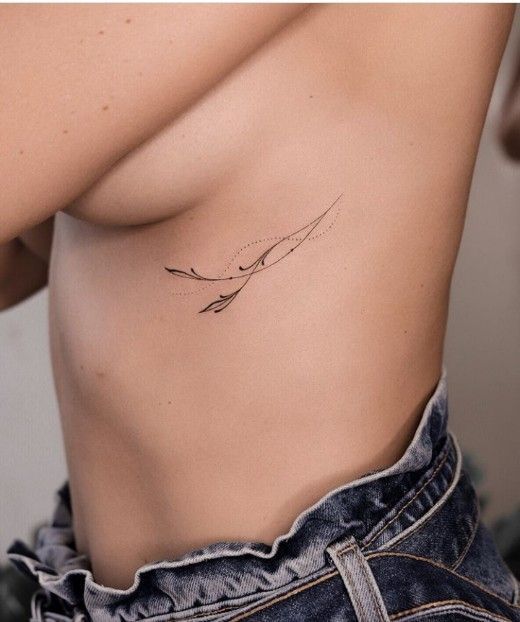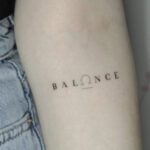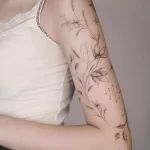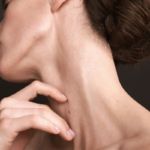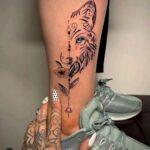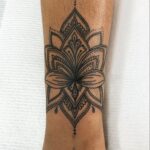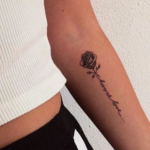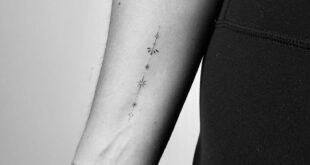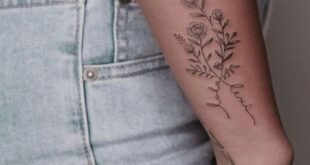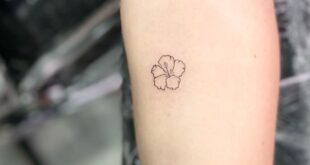Tattooed women have been breaking barriers and defying stereotypes in recent years, as more and more women are choosing to express themselves through body art. While tattoos have traditionally been seen as a form of rebellion or defiance, they have also become a way for women to reclaim their bodies and assert their individuality.
One of the most common misconceptions about tattooed women is that they are somehow less respectable or professional than their non-tattooed counterparts. This stereotype is slowly being broken down as more women in all walks of life, from doctors and lawyers to teachers and CEOs, proudly display their tattoos. In fact, some women argue that their tattoos make them feel more confident and empowered, allowing them to fully embrace who they are.
Tattoos have also become a form of storytelling for many women, with each piece of ink representing a chapter in their lives. Whether it’s a tribute to a loved one, a symbol of empowerment, or a reminder of a difficult time they have overcome, tattoos can be a deeply personal and meaningful form of self-expression. For some women, getting a tattoo is a way to take ownership of their bodies and make a statement about their identity.
In recent years, the tattoo industry has seen a rise in female tattoo artists, further challenging the idea that tattoos are a male-dominated art form. Women like Kat Von D, Megan Massacre, and Grace Neutral have gained recognition for their incredible talent and unique style, proving that tattoos are a form of art that knows no gender boundaries.
Despite the progress that has been made in destigmatizing tattoos on women, there are still challenges that come with being a tattooed woman in society. Some women face discrimination or judgment from others who may not understand or appreciate their body art. However, the growing acceptance of tattoos in mainstream culture is slowly changing perceptions and allowing women to embrace their tattoos without fear of judgment.
Ultimately, tattooed women are a diverse and vibrant community that continues to challenge stereotypes and push boundaries. Their tattoos are not just ink on skin; they are a form of self-expression, empowerment, and artistry. As the tattoo industry continues to evolve, we can expect to see more women proudly displaying their body art and challenging outdated notions of femininity and beauty.
 innstyled Tattoo Ideas
innstyled Tattoo Ideas
